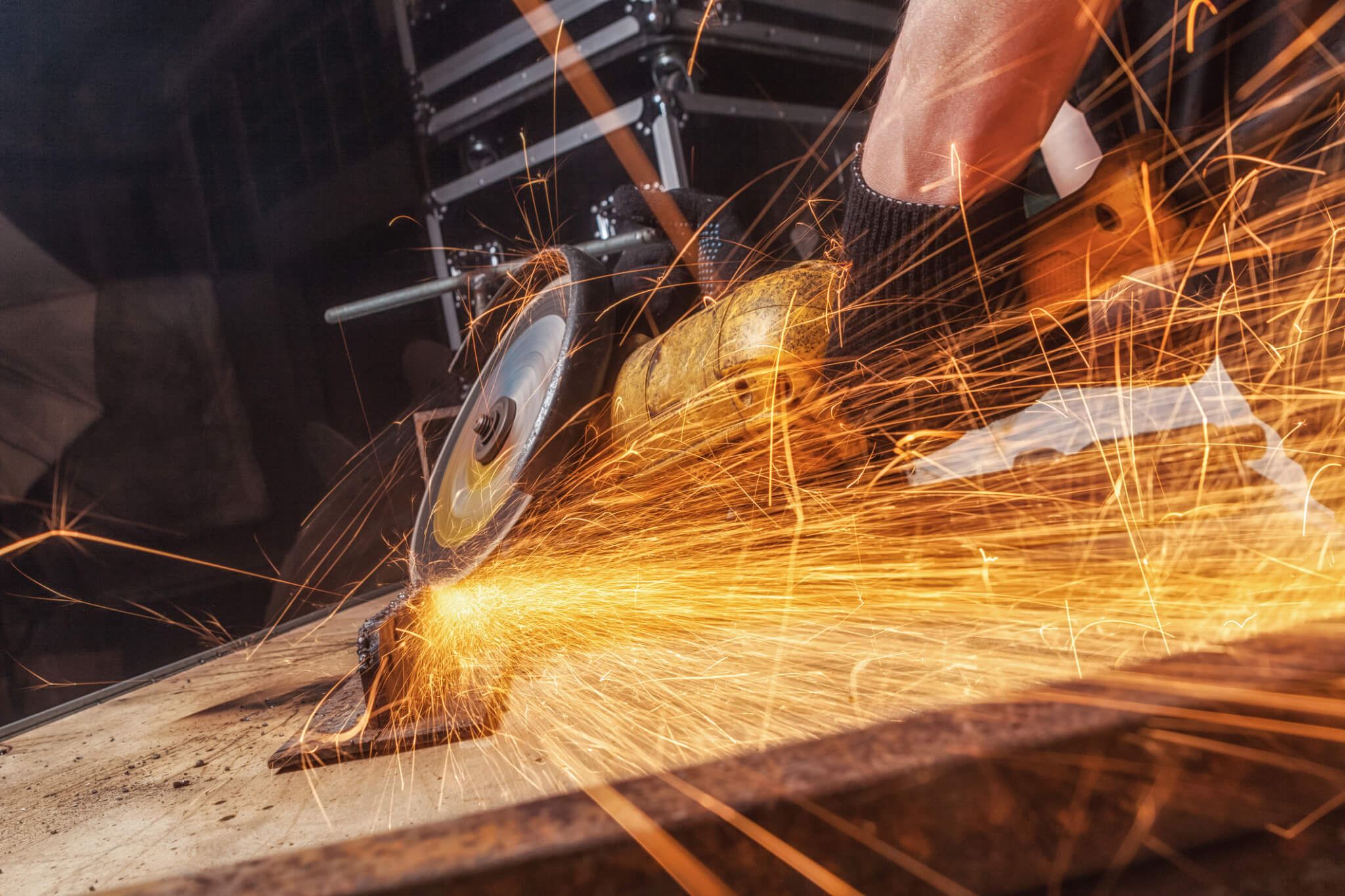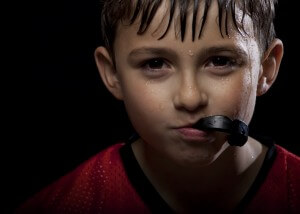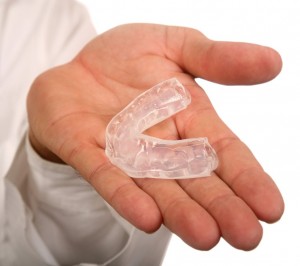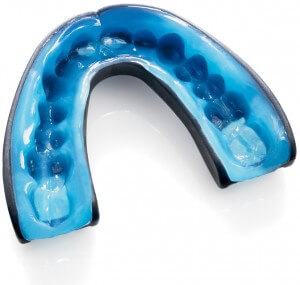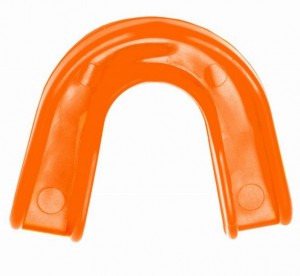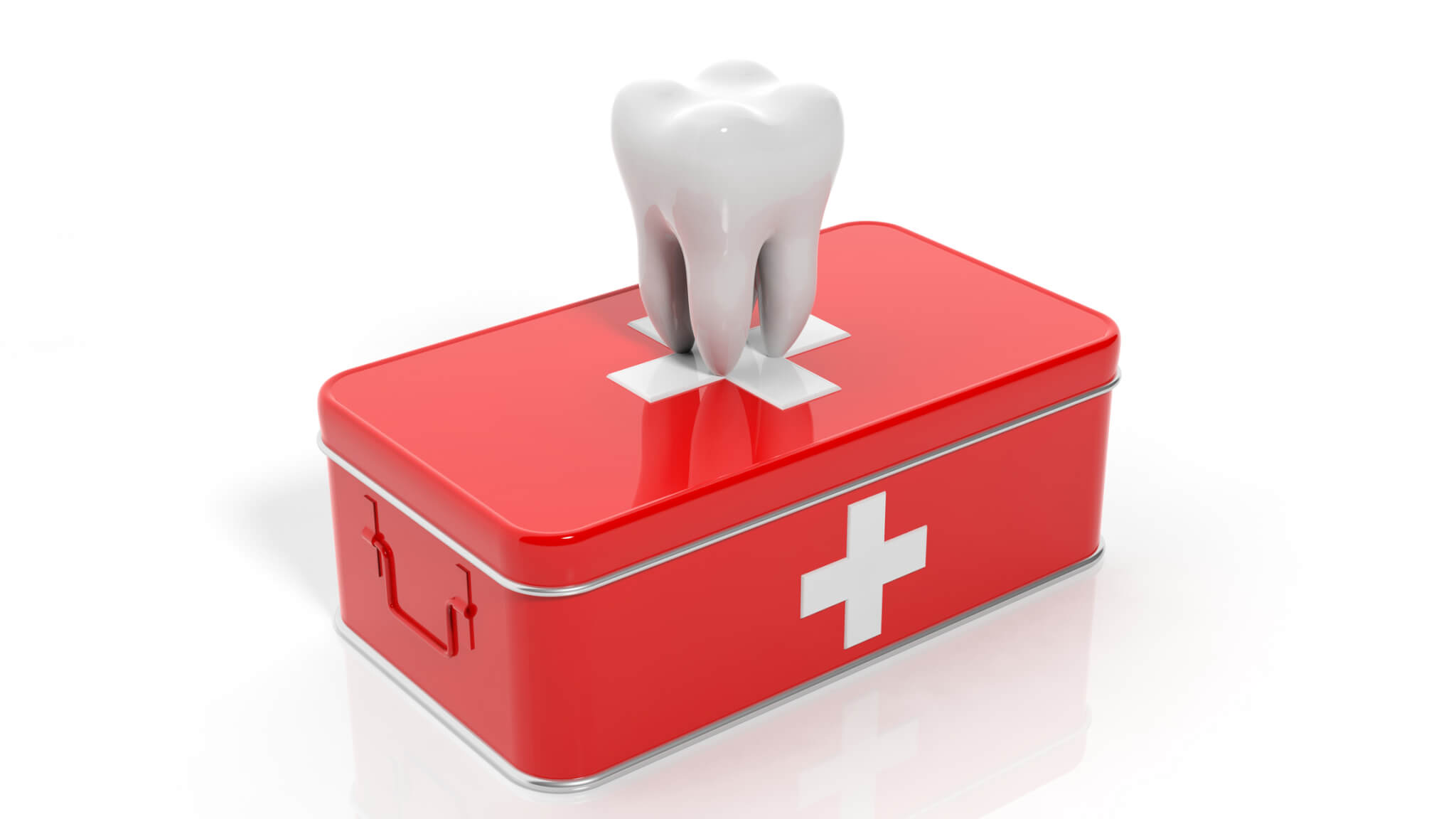
Spring is in the air, and kids are competing in outdoor sports, riding bikes, or maybe just playing outside. This burst of activity is great for growing bodies, but oftentimes the enthusiasm outpaces their abilities. Despite improvements in protective devices – such as advanced football facemasks, full-face bicycle helmets, and fitted mouthguards – dental injuries are still too common in active youths. If your child collides with someone or takes a tumble, and comes up clutching their mouth, would you know what to do?
There are several standard classifications of tooth damage that you should be aware of:
- Avulsed– Completely knocked out, with tooth roots intact
- Displaced– Tooth is intact, but has been knocked loose and is crooked or pushed deeper into the gumline
- Chipped/Broken– A small or large piece is detached and separated from the main tooth body
- Cracked/Fractured– A fissure is present and visible, possibly extending the width, depth, or length of the entire tooth
What To Do
If you or your child experiences any of these injuries, call us immediately and we will see them as soon as you can visit our office. However, by taking appropriate “First Aid” steps, you can increase the chances of saving a damaged tooth.
Avulsed Tooth
For permanent/adult teeth, the best chance to salvage the tooth is by replanting it within 5 minutes of the incident. Within that window, the body still recognizes the tooth and the ligaments surrounding bone are present on the root surface and can naturally re-attach.
Action: Rinse the tooth, holding the tooth by the crown and avoiding touching the root surface. Push the tooth firmly back into its socket, and keep pressure on the tooth so it stays in place. If it will not stay in the socket, keep it moist in the patient’s saliva (between a cheek and gum), or soak it in cold milk or water to preserve it until you get to our office.
With primary or “baby teeth”, do not attempt to replant, as this could damage the emerging adult tooth. Use direct pressure to control the bleeding, and call us ASAP so that we can assess the situation and offer prudent treatment, if necessary.
Displaced Tooth
If a primary or permanent tooth has been pushed out of place or deeper into the jaw, do NOT attempt to reposition it. Call Meyer & Johns Dental as soon as possible, since the longer a tooth is left out of alignment, the more difficult it will be to return to its original position.
Chipped/Broken Tooth
This is the most frequent tooth damage for both children and adults. If possible, locate and preserve the the tooth fragment (see above), since tooth-colored bonding materials are available that allow seamless reattachment in some cases.
Damaged teeth can sometimes be salvaged, if you know what steps to take.
Cracked/Fractured Tooth
Similar to a chip or break, these types of injuries generally result in more extensive damage. Don’t try to wiggle or remove any portion of the tooth, and avoid direct biting pressure. If tooth pulp is left exposed by the damage, there may be pain or sensitivity to contact and temperature changes. An examination by Drs. Meyer or Johns can determine whether the tooth can be saved, or other possible repair options.
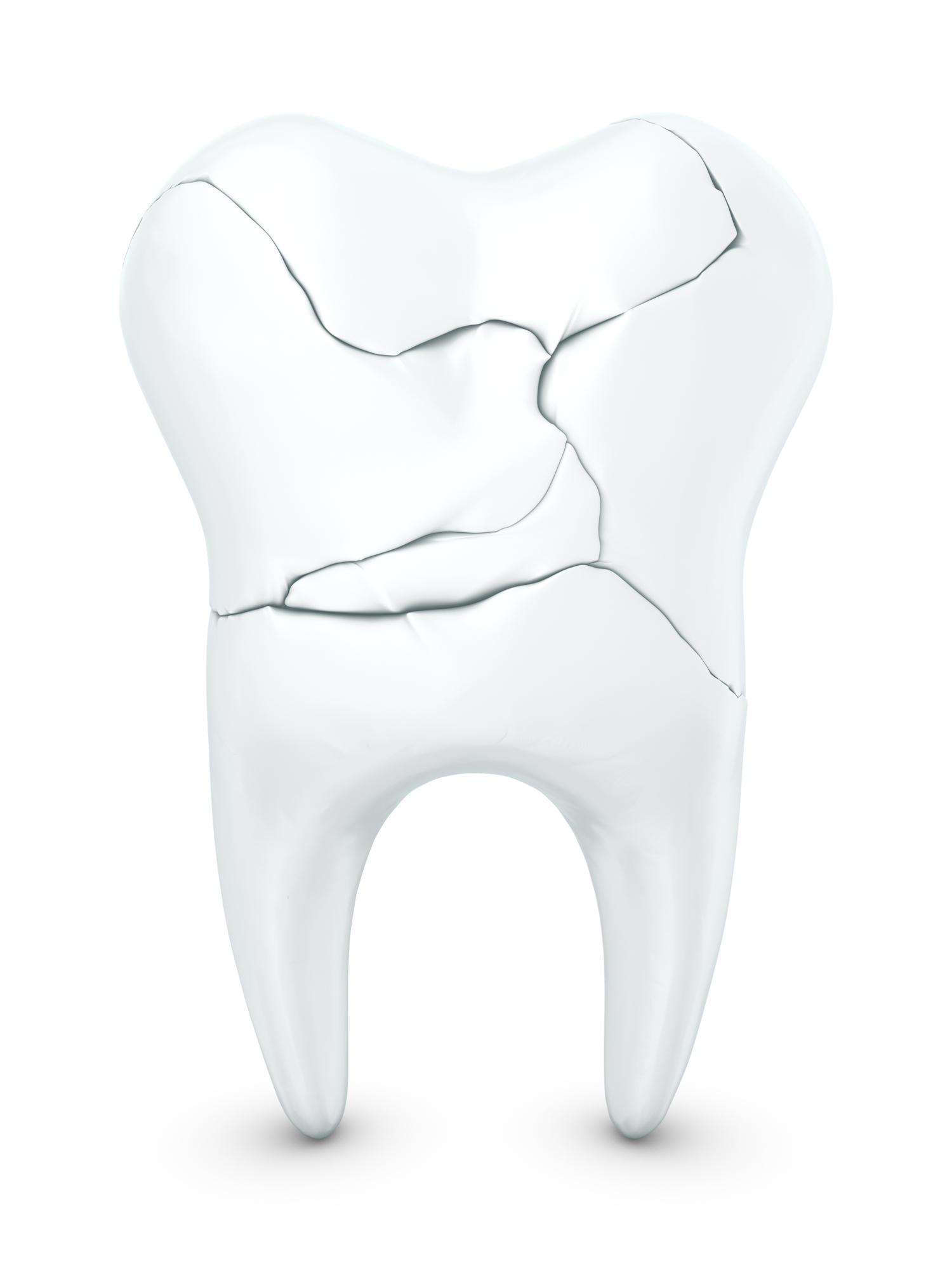
As always, if you have problems with your teeth — sports-related or other — don’t wait until your next appointment. Letting us know early is very important to maximizing your options and avoiding further damage and/or unnecessary repair work.
